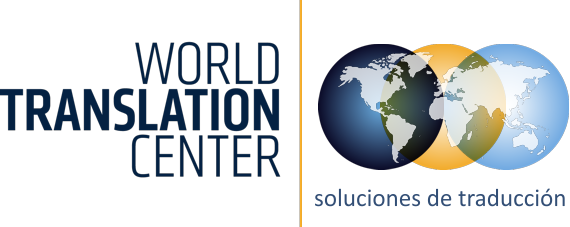World Translation Center es una compañía de servicios completos de traducción con capacidades para llevar a cabo todo tipo de proyectos de traducción o grabación de voz.
Articles and Stories
“Germish”
When I was living in Germany, I made fun of Germans who were living in the U.S. and came back to their homeland to visit and then spoke broken German. Their sentence structure was English and English words were mixed into their speech. I thought that these expatriates put on a show on how special and worldly they were. I always thought that this was their way to feel important. And now, the same thing is happening to me.
I came to the U.S. in 1988. Since then I have visited Germany frequently and also speak German every day.
A colleague of mine asked me recently to write a letter of recommendation for her in both German and English. Easy, I thought, and I started writing it in English. This letter did not take me more than 10 to 15 minutes to create. Then I started to write the same letter in German, but already stumbled over “To whom it may concern”. I scratched my head, but nothing came to mind. So, I googled the phrase and spent several minutes trying to find the equivalent in German. I didn’t.
Ok, so, I don’t need that start, I thought, and got ready to write the body text. Whatever I wrote sounded wrong. I tried one sentence in various ways but not one of them seemed correct or appropriate. I then searched for example letters on the Internet, but whatever I found was not usable. One hour later – still nothing. I gave up and asked a friend to help me. She wrote an excellent letter and when I read it, I knew that I would never be able to do something like this anymore.
What has happened to me? I have been in the U.S. for only 23 years and cannot write one letter in German? I never thought that this would be possible, but it has happened.
I have to admit that English has become my main language and I feel much more comfortable expressing myself in English than in German. I still have occasional problems understanding a TV show or movie when people talk too fast or when they have a slight accent. A quick reference to a TV show that aired when I was not living in the U.S. or to some celebrities I never heard of or a reference to football or baseball game can throw me off and I lose the thread in that conversation. When I speak German to others in the U.S. the language is not pure, we mix English words into the conversation and give it German endings. I call my mixture of German and English ‘Germish’ others use the name ‘Denglish’, ‘Gerglish’, ‘Angleutsch’ or ‘Engleutsch’.
I wanted to use my own example to make the point that this phenomenon is happening to most people living outside of their native country. It is therefore so important to use translators who live in their native countries. Technology also changes on a very rapid scale and if you do not live in your homeland, you will not be aware of the effect these changes have on the language.







